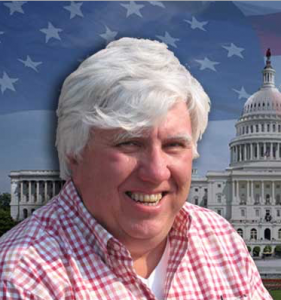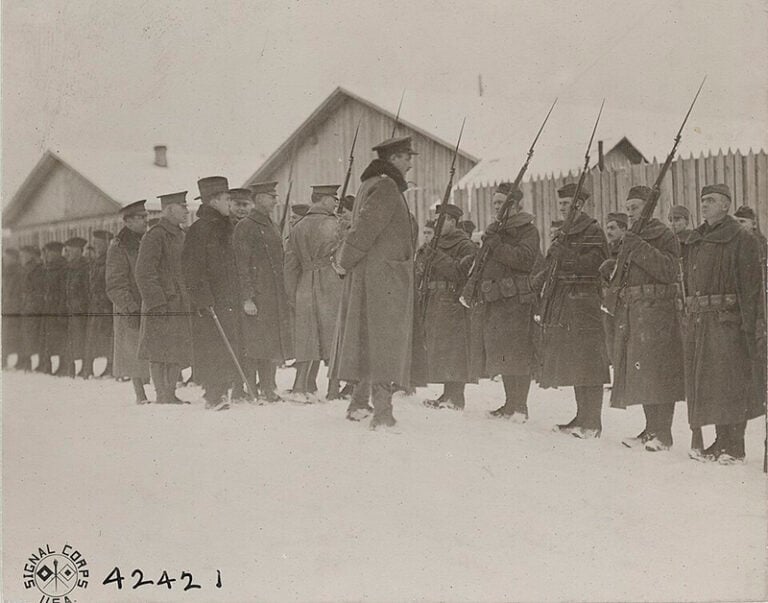If Sen. Rand Paul gets his way, Lord help us all, the nation may find itself expanding the Bill of Rights to include a new amendment – the freedom to lie.
The Bowling Green Republican has always had a touchy relationship with the truth. In 2013, in a presentation delivered to students at the University of Louisville School of Medicine, Paul advised the audience that “misinformation works.”
“I never ever cheated and I don’t condone cheating, but I would sometimes spread misinformation,” Paul boldly said. “And this is a great tactic. Misinformation can be very important.”
Now, one can debate whether spreading misinformation to gain some sort of advantage isn’t just a form of cheating, but we’ll leave that debate to the ethicists. The speech occurred during Paul’s first term on Capitol Hill and confirmed our boy isn’t reluctant to toss out a whopper every now and then.

So it should come as no surprise that Paul, who is easily aggrieved in the first place, was flabbergasted by this week’s Supreme Court decision declaring that the Biden administration can pressure social media companies to correct claims appearing on their platforms that may deviate from the truth.
The issue may rise again because the court simply held that those seeking to prohibit the administration from calling out segments of social media – primarily attorneys general from two bedrocks of freedom, Louisiana and Missouri– didn’t have standing to object. It now remains if the White House comes across a prevarication on, say, X or Facebook, it can suggest the site correct the record.
In turn, as they likely usually do, the lords of social media can receive the request from the president of the United States and then tell him to go suck an egg.
That’s America and the First Amendment in action.
This does not sit well with our boy Rand, who maintains that any move on the part of the federal government to seek a correction of a mistake, a misunderstanding or a boldfaced lie is akin to stomping on the right to free speech.
“Today’s SCOTUS decision makes it clear we urgently need to defend our God-given right to free expression,” Paul wrote, ironically, on X, a site likely to be affected by the case. “It’s time to fight back and pass my Free Speech Protection Act so the government can no longer cloak itself in secrecy to undermine the First Amendment rights of Americans.”
The Free Speech Protection Act, which Paul introduced in July 2023, seeks to prohibit federal officials from censoring or attacking free speech. Those violating the measure, which hasn’t become law, could face severe mandatory penalties.
Sounds reasonable enough. But there is no evidence that the Biden administration, in its communications with social media sites, has sought to censor anyone, a move that would require suppression or deletion of material the White House deemed objectionable. Censorship is not in play.
Attacking, however, is a term of art. Is criticism analogous to attacking and, if it is, should the federal government and its officials be prohibited from complaining about something it finds unacceptable?
Republicans perhaps to protect their Moses, the once and perhaps future President Donald J. Trump, who analysts claim told more than 30,000 “untruths” during his four years in office, have not taken kindly to organizations and web sites looking over their shoulders, and the shoulders of others, checking to see if their claims are on the up-and-up. The Supreme Court case and congressional investigations have already had an impact on groups in the truth-seeking industry – the Stanford Internet Observatory, one of the top sites in the genre, was forced to shut down recently because of attacks and lawsuits.
Paul and other right-wingers assert that the real purpose behind efforts to ferret out the circulation of mistruths, at epidemic proportions on the web, is to stifle conservative thought, such as it is.
Frankly, I’ve never understood what Rand Paul and his ilk are so gung-ho about here. Sure, censorship should be, and is, prohibited. It doesn’t come into play in this instance. And there is a long history of officials complaining about the press or, if you prefer, the media, since the founding of the republic.
Sure, Thomas Jefferson said, “…were it left to me to decide whether we should have a government without newspapers or newspapers without a government, I should not hesitate a moment to prefer the latter.” He also said, “Nothing can now be believed which is seen in a newspaper. Truth becomes suspicious by being put in that polluted vehicle.”
Permit me to step out here for a moment to offer a personal perspective.
I was a newspaper reporter for a long time – too long in the views of many. I covered a lot of things – state and federal courts, state government, Congress and ultimately the White House. Officials on the local, state and federal level always pressured me to write stories that provided only their perspective. And if a story didn’t relate things in a manner that met their approval, they would call and bitch.
Happened all the time.
Trust me when I say I’m not the only one who experienced this fate. Every reporter I’ve ever met has, at one time or another, been pressured, our boy Rand might say attacked, by an official wanting a story to reflect his or her view and absent any information that provides a contrary perspective.
If that didn’t work, they’d call the editor or maybe even the publisher. Sometimes the official applying the pressure has a good point. Most of the time they don’t. And let me be clear — if a publication ultimately bows to such pressure, the sin is on its hands, not the person applying the pressure.
It gets even more intense than that. Like most every state house reporter, I had tricky relations with the governors I covered. I experienced problems with one in particular, the late Brereton Jones, who I considered a phony, and I’ll just let it go at that. On a couple of occasions, I was called to the first floor of the Capital Building to provide Jones with the opportunity to ream me out personally.
And you know what? I’ve got no problem with that. It’s all part of the process. So tell me, what’s the difference between government officials pressuring reporters to toe the line and government officials telling social media moguls to toe the line and get their facts straight? You can always just take the heat and ignore their entreaties.
All of this reminds me of a story told by the late Ben Bradlee, the venerated editor of The Washington Post, who, as a White House reporter for Newsweek, had a difficult relationship with President Lyndon Johnson because he had been friends with LBJ’s predecessor, President John Kennedy.
Anyway, Bradlee authored something that stuck in Johnson’s craw — his craw was always stuck — and he called Bradlee into the Oval Office where he proceeded to call him everything but a good, Christian lad. Near the conclusion of the takedown, LBJ, noting that he had perhaps gone a little overboard, sought to make amends by telling Bradlee, in a leak that could only be attributed to a White House official, that he was not going to reappoint J. Edgar Hoover as director of the FBI.
Scoop in hand, Bradlee did what any good reporter would do – he wrote a story, citing a White House source, saying Hoover was a goner.
The afternoon following the morning when the story was published, LBJ held a press conference where he announced he was reappointing J. Edgar Hoover as director of the FBI.
At the conclusion of the briefing, Johnson spotted his press secretary, Bill Moyers, and motioned him over.
“Call Ben Bradlee,” he whispered in Moyer’s ear, “and tell him I said f— you.”
Given all that, why does social media deserve the sort of treatment never afforded newspapers? Freedom of speech isn’t limited to the lords of social media. The White House has the same constitution allowing it to throw in its two-cents as well.

















